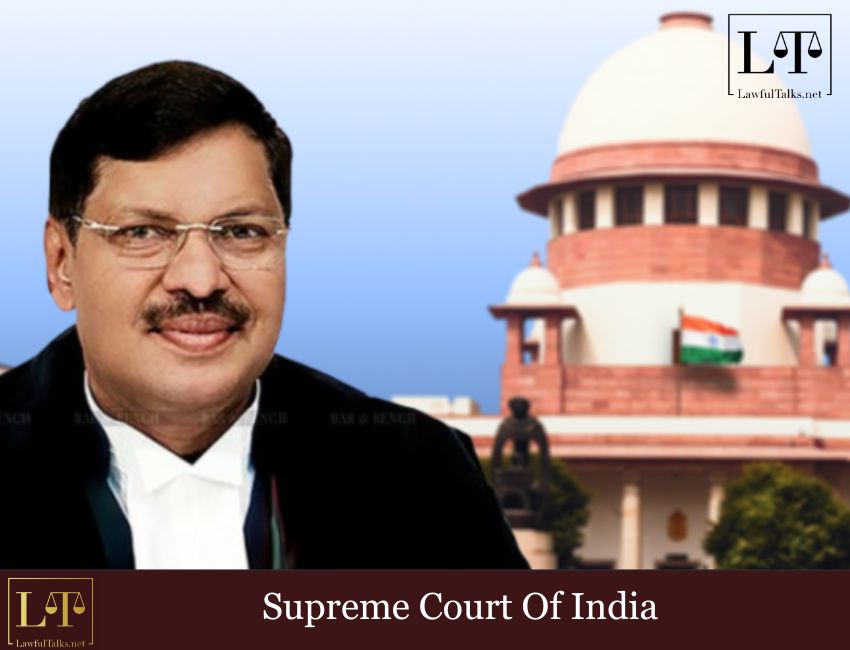Allahabad HC Sets Aside Afzal Ansari's Conviction, Allows Him to Continue as MP

"There is a growing belief that the Supreme Court is a CJ's court and not a court of all judges. But Justices UU Lalit, Sanjiv Khanna and I have attempted to dispel that notion.” stated Chief Justice of India (CJI), BR Gavai while elaborating on the efforts undertaken by him and his predecessors, Justices UU Lalit and Sanjiv Khanna, to counter the perception that the Supreme Court is solely the "CJI's court."

Speaking at a felicitation event organised by the High Court Bar Association of Nagpur, CJI Gavai detailed the systematic approach taken to counter this notion, explaining that immediately upon assuming office, both Justice Lalit and he convened full court meetings on the very next day.
"We took all the decisions by taking into consideration the views of everyone" affirmed the CJI, highlighting a deliberate shift towards a more collaborative administrative model. Beyond this, he also touched upon the broader philosophy governing judicial intervention, stating,
"I always felt judicial activism was necessary because whenever the executive or the legislature failed, the judiciary had to step in so as to act as custodian of the rights of the citizens."
He further elaborated on the crucial need for all three wings of government to operate strictly within their allotted spheres. Reflecting on his own contributions, CJI Gavai recalled his work on the Public Interest Litigation (PIL) bench, particularly his instrumental role in facilitating the long-delayed construction of the Nagpur-Jabalpur Highway,
“I was happy to see to it that the Nagpur Jabalpur Highway, which was languishing for years together and had witnessed more than 100 deaths due to the accidents, was completed. We for the first adopted the model of sustainable development and while ensuring that the highway is constructed also ensured that the ecology and interest of the wildlife is maintained by providing for long subways so that the animals travelling from one part of the jungle to another part of the jungle find that they are travelling in the same jungle.”
He expressed profound satisfaction regarding the decision on judicial pensions, where the "one rank, one pension" principle was applied, driven by his dismay upon learning that some of the judges were living in penury and a retired High Court judge was getting a pension of ₹7,000 to ₹8,000. Furthermore, he reiterated the Collegium's unwavering commitment to transparency, seniority, and merit in the intricate process of judicial appointment.
“I always felt the judicial activism was necessary because whenever the executive or the legislature failed, the judiciary had to step in so as to act as custodian of the rights of the citizens. But I always also feel that all the three wings should work within the spheres allotted to them. And though judicial activism is here to stay, it should never turn into judicial adventurism or judicial terrorism. I still believe in the same principle”stated the CJI.
On a personal note he added:
“I followed my father's decision to become a lawyer. It's my mother's hard work. Though we had a humble background... It's this value of inclusiveness that has shaped my future life"
Source: News
Leave a Comment

Manasvi Sharma
Legal Intern, 2nd Year, NLIU Bhopal
Latest Posts
Categories
- International News 19 Posts
- Supreme Court 326 Posts
- High Courts 339 Posts







































































































































































































































































































































































































































































































































































































































































































